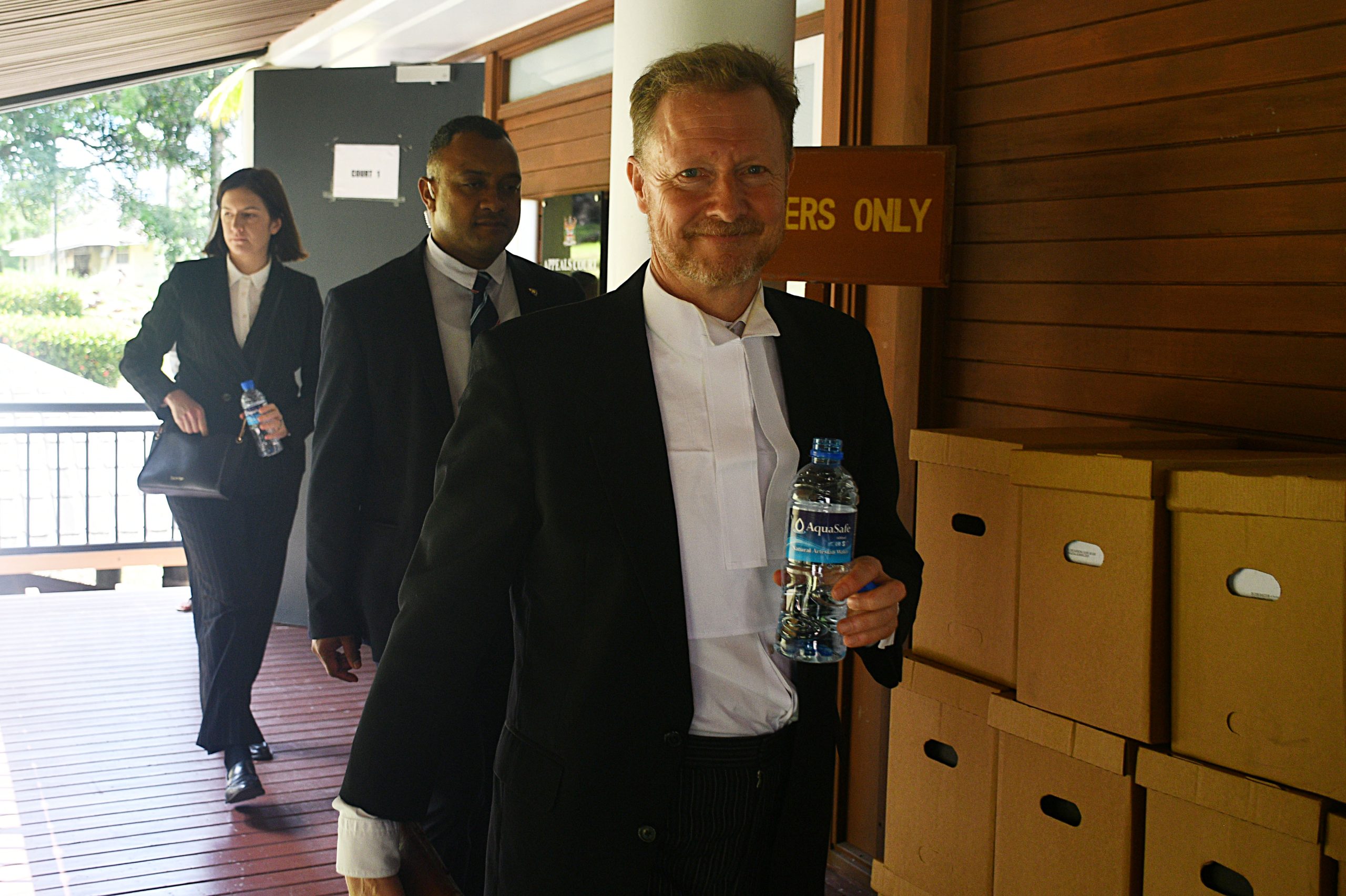REVIVING the 2025 Constitution Amendment Bill which was defeated in Parliament earlier this year, would deny Fijians the very right to decide on changes to their Constitution.
Andrew Butler, amicus curiae to the Supreme Court said this in a submission to the Supreme Court yesterday as he responded to the State’s submission that the defeated Bill could simply be presented to the President for assent.
He told the judges that the Bill, which failed at its second reading in Parliament on March 11 this year, was “not in limbo — it’s dead”.
“First, the Bill is not in limbo. It’s dead. It was defeated at second reading,” Mr Butler said.
“That means the Bill would have to be reintroduced again. Second, the Cabinet cannot bind Parliament – separation of powers applies.
“The Government cannot commit Parliament to enact any particular legislation. Any commitment by Cabinet would not be enforceable, this Court would not enforce any such commitment against Parliament if Parliament were to enact a constitution amendment Bill that differed from that which failed in March this year.”
He said that constitutional amendment was too serious to be done without wide consultation.
“There would be an irony – not in the idea of this Bill being taken out of limbo, as I said it’s not in limbo, it’s dead – but being resurrected and simply sent to the President for assent without proper full public consultation, particularly bearing in mind that the object of the exercise is to enable the people of Fiji to participate in the amendment of their constitution.
“If you look at Standing Orders, committee processes involve public consultation, and you would expect something as momentous as a constitution amendment Bill that the public would be interested and might have much to say.”
In response, Justice Isikeli Mataitoga concurred, noting that in the Pacific, traditions like talanoa reflect the expectation that people should have a say in decisions that impact them.
“I find it impossible to think of constitutional change without involving the people.”
Mr Butler agreed, saying international examples showed many constitutions required referendums or special procedures for key provisions.

